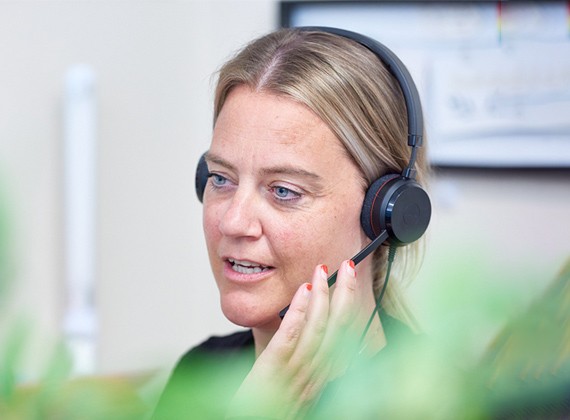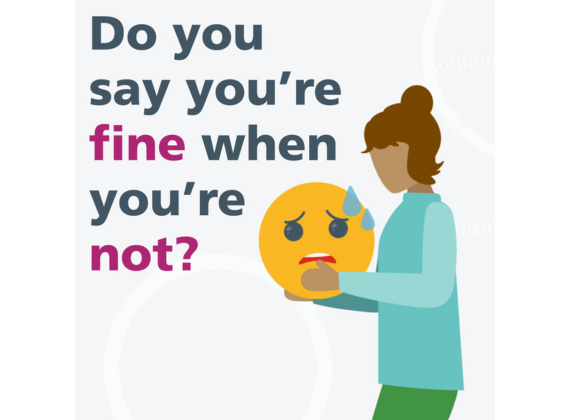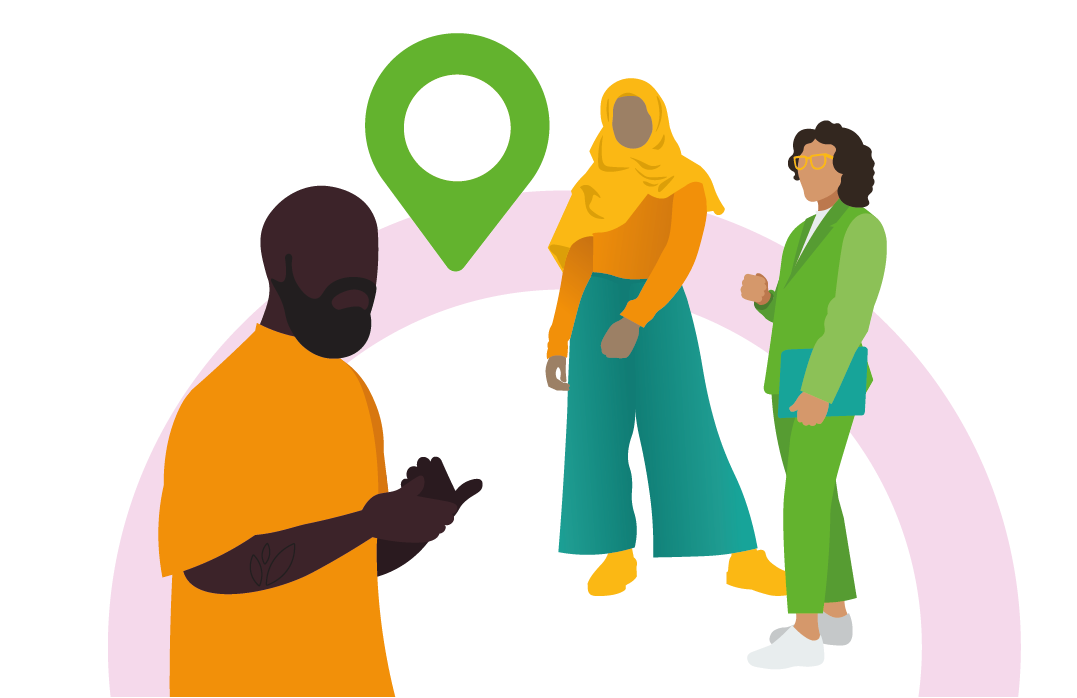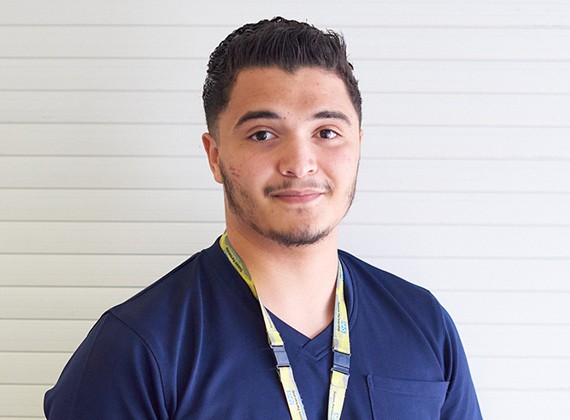

Emotional support for refugees
On behalf of the NHS in Sussex we would like to warmly welcome you to this country.
You will have suffered significant loss and you may be struggling to adapt to your move.
You may have suffered physical injuries and been through difficult and traumatic experiences.
It is completely understandable that you may be feeling low, anxious or emotional.
The information on this page aims to help you understand what you might be struggling with and how you can access our National Health Service (NHS) for help. These services are free. Please contact us if you need support.
The information below will provide you with details on common reactions to trauma and loss as well as guidance on how you can manage these difficulties. It also describes the types of treatments we offer. Click on the text below for more information.
The most common emotional difficulties people experience when fleeing conflicts in their home country are anxiety, grief, depression and trauma.
Doing What Matters in Times of Stress is a useful illustrated guide for coping with adversity. It will equip you with the practical skills to help cope with stress. A few minutes each day is enough to practise the self-help techniques. The guide can be used alone or with the audio exercises available on the World Health Organisation webpage.
People escaping conflicts are likely to have experienced trauma. Trauma can result in a common pattern of psychological difficulties. Many of these will resolve naturally once you are in a safe environment and have an opportunity to naturally process what has happened to you. However, it can be unsettling to experience these symptoms if you don’t understand where they are coming from or if you haven't experienced them before. The following is a guide to the common psychological effects of trauma.
Many of the normal responses to trauma naturally resolve over time but sometimes people get caught into a pattern of psychological difficulties that do not improve. This may be a feature of post-traumatic stress disorder (PTSD). We would encourage anyone who suspects they may have - or know someone who has - symptoms of PTSD to read the guidance below. If you are suffering from PTSD you should contact us for treatment and support.
Refugees fleeing conflict can also suffer from a range of other mental health difficulties. This can include feeling desperate. Sometimes, people can have thoughts about taking their own lives. If this is the case for you, please reach out to us immediately as we have people in our services who are trained to help you.
Children will also be affected emotionally by the war and its consequences. The following leaflets provide advice to parents and carers.
You can call the following numbers now for a free and confidential conversation to help you make sense of your feelings and reactions and to consider options for moving forward.
- If you live in Brighton & Hove call 0300 00 20 060
- If you live in East Sussex call 0300 00 30 130
- If you live in West Sussex call 01403 620433
The helplines will be open from Monday to Friday between the hours of 9am and 5pm.
You will be asked to provide brief details on your situation and any language translation needs. We will aim to get back to you within two working days.
If you need immediate and urgent support for your mental health problems then you should contact us through the Sussex Mental Healthline on 0800 0309 500. The service is free to contact and is available 24 hours a day, 7 days a week.






